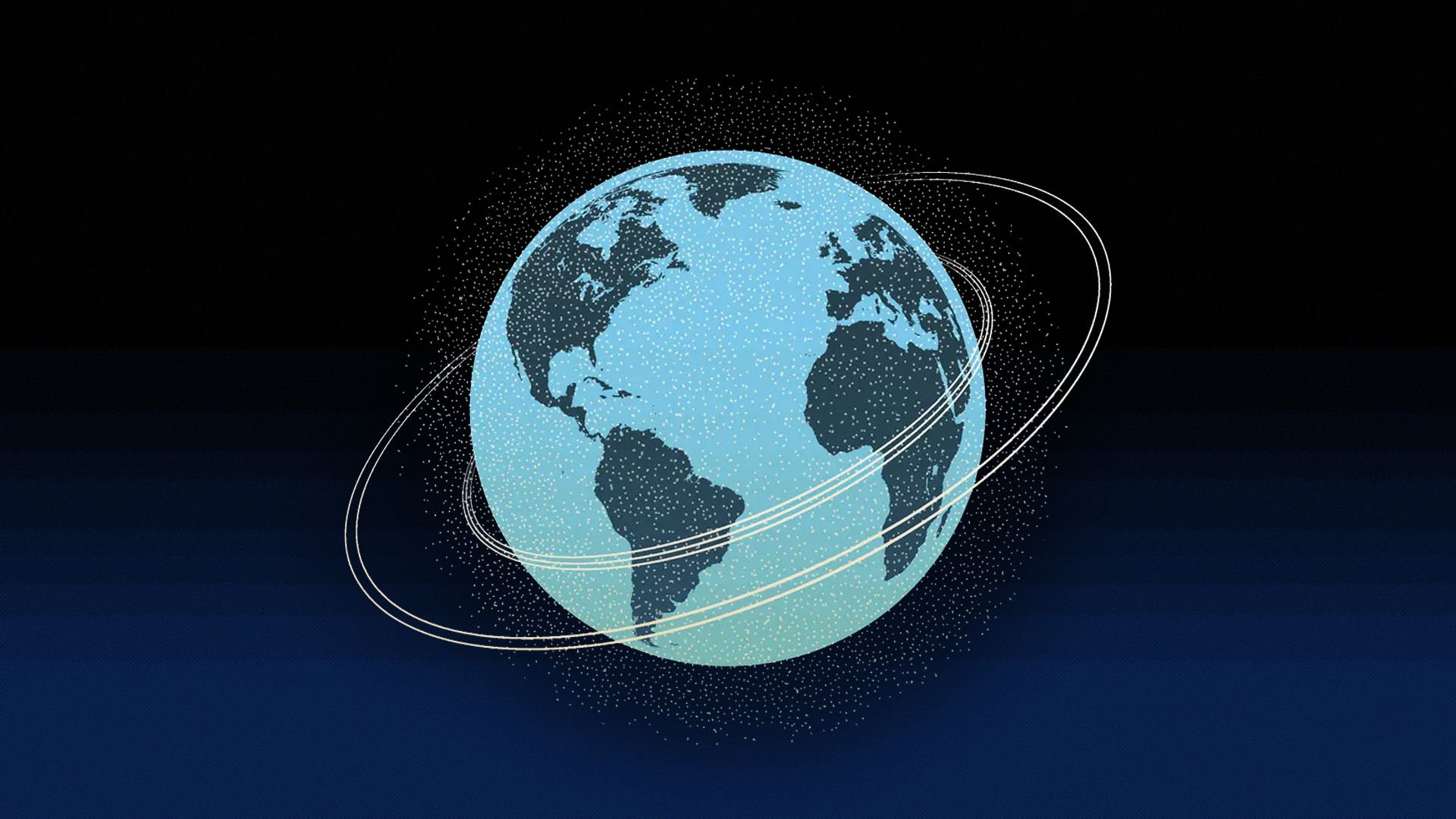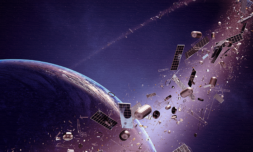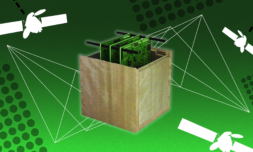Japanese space solutions mogul Astroscale has launched the first commercial mission to remove debris from our atmosphere. Spoiler: it involves a giant magnet.
It appears we’ve finally found a feasible solution to make a dent in the storm of space junk currently orbiting the Earth – though it may sound like a child’s submission to Blue Peter.
Developed by Japanese-UK space solutions firm Astroscale, the world’s first commercial clean-up mission to remove space debris is officially underway, and it involves an autonomous satellite equipped with a hefty magnet.
Billed as an ‘end of life service,’ the ELSA-d is a large 400lb satellite fitted with state-of-the-art sensors and a magnetic docking plate. Travelling along three cluttered orbit lanes between 500km and 550km above the Earth, it will soon search for discarded hardware from missions past.
Our #ELSAd has wings! Solar array deployment was confirmed earlier today! 🌞🛰️ #GoELSAd pic.twitter.com/ZlPovHcByZ
— Astroscale (@astroscale_HQ) March 22, 2021
Once junk is located, the magnetic plate will grab single items and pull them down into lower orbit where they will eventually re-enter the Earth’s atmosphere and burn up. Sounds good in principle right?
Successfully shot into orbit over the weekend from the Baikonur Cosmodrome in Kazakhstan, an operations team in the UK is now set to oversee the ELSA-d’s testing phase before putting the autonomous unit to work on a monumental clean up mission.
Accompanied on its launch by a piece of test junk weighing around 40lbs, operators are now trialling the ELSA-d’s ability to safely grab the dummy in a multitude of different states – the trickiest being while ‘tumbling’, which means a rolling or cartwheeling motion.
The UK has signed an agreement with the @UN to help protect the space environment. 🌎
UK funding will boost @UNOOSA's international efforts to raise awareness and encourage global action on safe and sustainable uses of space. 🛰️
Find out more 👉 https://t.co/iBWEU7DInv pic.twitter.com/nV9hrRaN2R
— UK Space Agency (@spacegovuk) January 26, 2021




















